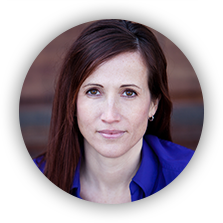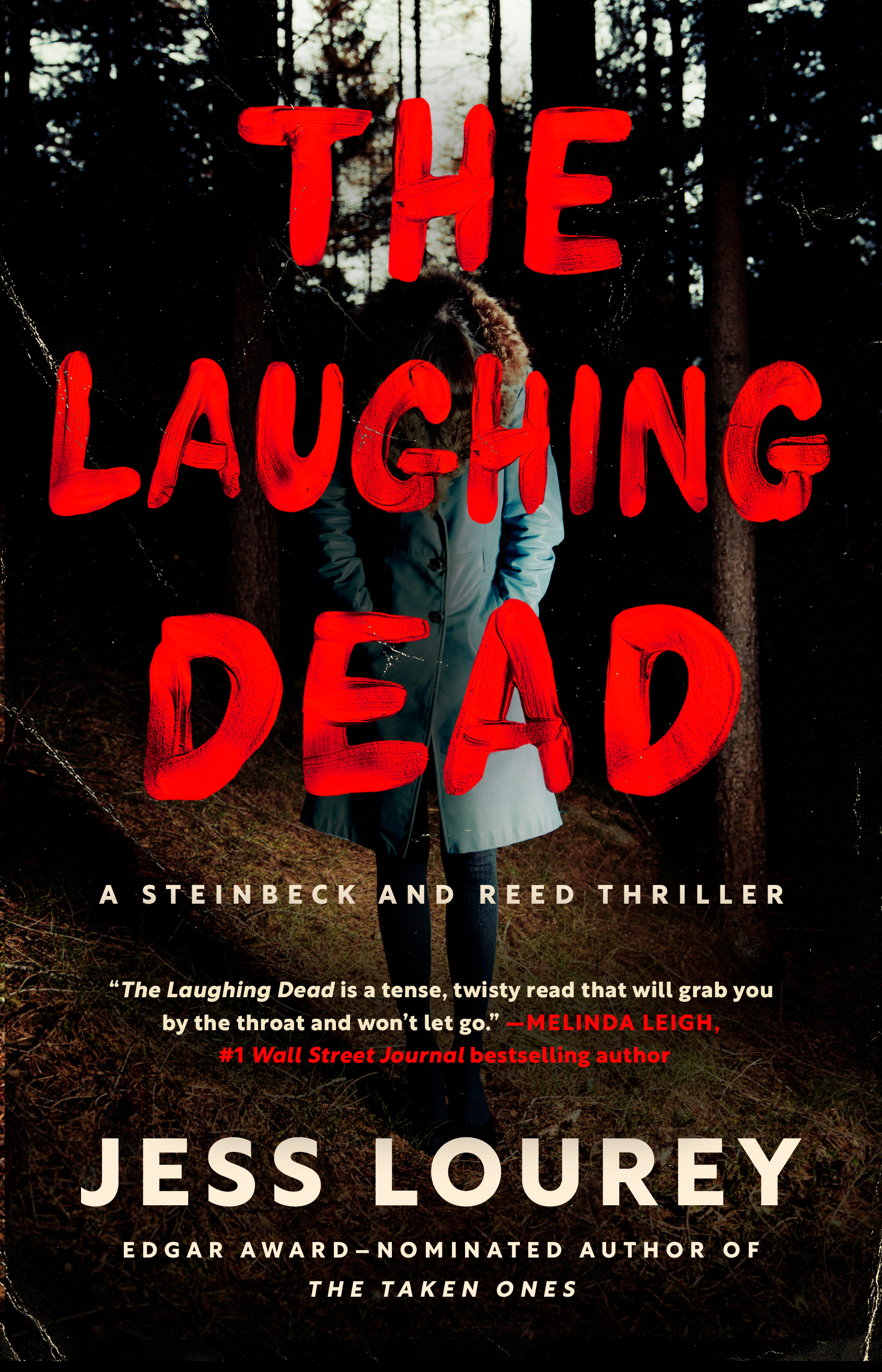
Do you want to learn more about writing, including receiving marketing tips and tricks, deals on valuable workshops and retreats, and time management hacks? Join the VIP Writer’s Club!
Become a VIP Reader!Interested in free books, exclusive bonus content, and VIP early access to Jess’ upcoming projects? Then sign up here to become a VIP Reader.
August 24, 2016
TEDx Talk
I'm thrilled, terrified, and grateful to post this link to my Rewrite Your Life TEDx Talk, which has just gone live. The post below describes the experience of delivering a TEDx Talk, and in particular, my gratitude to the Rapid City TEDx team for making this transformative day possible.
But I'm still too scared to watch the video myself. Maybe someday. Much love to you.
July 1, 2016
My TEDx Talk
"I am a Midwesterner of German descent. My people do not air their dirty laundry in public. In fact, we've made something of an art out of acting like we don't have dirty laundry and avoiding the public. That's why it's so uncomfortable for me to stand in front of you today and share this very personal story." 
That's how my June 22, 2016, TEDx Talk began. At least, that's how I rehearsed it. I'm not sure exactly what I ended up saying, though I'll be able to find out in a few weeks, when the talk goes up on YouTube. Not that I'll watch it.
I'll get to that part.
Most of you know me as a fiction writer. Mostly that's how I know myself. I'm a writing teacher, too, and because of life experiences as well as how I'm wired, I'm also someone who is profoundly uncomfortable with secrets, particularly ones I keep from myself. All those salty bits came together in a stew a year and a half ago when I was talking to my agent about crafting a how-to-write-a-novel book.
"Those are a dime a dozen," she said. "What can you bring to the table that's new?"
My murky stew bubbled, but I wasn't ready to listen. "My how-to would be modern, funny. I'd bring a different voice."
Her silence confirmed my lameness. We ended the phone call. The stew bubbled for weeks. I tried not to give it any attention, but those bits were cooking and swirling and growing hotter, and when it became more uncomfortable to ignore than to listen, I called her back.
"I never tell this story," I told her, "but I wrote my first mystery to recover from my husband's 9/11 suicide. Every book I've written since, every one worth reading, is my own personal shit transformed into fiction. Rewriting my life keeps me sane. It makes good stories." I took a deep breath. "I guess I could write a book showing others how to turn their own facts into fiction."
She didn't hesitate. "Write it."
Pushing against a lifetime of conditioning--don't talk about your shit, don't talk about your shit, don't talk about your shit--I wrote that book, a step-by-step guide to transforming life experiences into a compelling, healing novel. At every turn, I dredged up stories from my own life to demonstrate how to alchemize real shame, fear, and doubt into a novel. I ripped off the bandage of fiction. Writing my truth was profoundly uncomfortable, but at least I wasn't saying that stuff out loud. I could still hide behind paper.
For a while.
The book took me six months to draft and edit. My agent shopped it around. She received the same feedback at every turn: "we love the writing, but what's the writer's platform?" I didn't have one, not at the "automatically sell 50,000 copies" level they were looking for. I only had a good book. Around the same time, I was talking to my friend, the incredible photographer and sociologist Cindy Hager. She mentioned a TED Talk she'd recently watched. We got to brainstorming. Maybe being a TED speaker could be my platform?
"Maybe," Cindy said. "But screw the platform. Your talk can help people. Do it."
I applied to the national TED, the big one, the central organization. I never heard back. I also applied to the Fargo and Minneapolis TEDx events. I didn't hear back. Then I applied to the Rapid City TEDx, using the form they had live on their site for a few short weeks. They accepted me. Not long after, a small press made an offer on my book.
That's when I realized what I'd signed up for. I was going to tell the very personal story of Jay's suicide out loud, in public, in front of cameras, on the exalted TEDx stage. I was going to rip off the paper veil and expose all my fiction for the truth it was. There would be no going back. It would be a life changer, and I liked my life. I began to study TED Talks, I read three books on delivering a TED Talk, I rehearsed multiple times a day including delivering the speech at a writing conferences and to friends, I worked with a coach supplied by TEDx, and I worried. In the same three months, I also got married, sold a house, moved to a new city, bought a house, blended families. 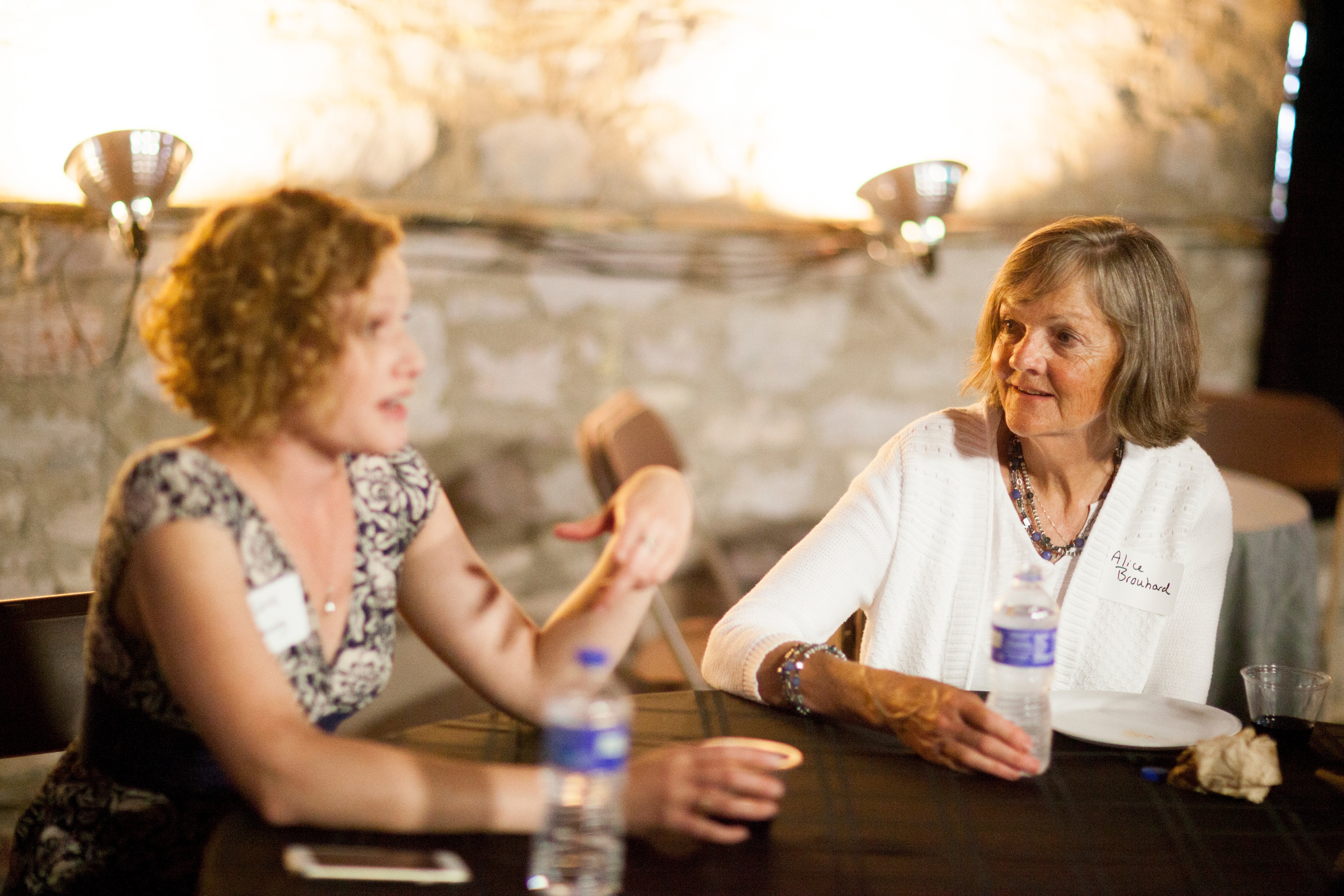
The day before the event, the amazing Rapid City TEDx team organized a VIP dinner for the speakers, donors, and volunteers. There I met Alice Brouhard, a nurse whose story of turning her daughter's traumatic brain injury into a mission to make life management apps accessible to all who need them is going to blow you away when it goes live in a few weeks. I shared huckleberry lemonade with Michael and Nathan, who together started a school for orphans in Kenya that is changing over 400 lives. Over wine, Don Frankenfeld told me he wasn't sure if his wife would make it to his talk the next day because their dog had just died, and wasn't it sadly fitting as his talk was about end of life decisions. Some of the speakers had applied to present, like me. Others had been approached by the organizing committee. All had ideas worth sharing.
I spoke with as many of them as I could, and I felt my heart open, and I worried some more. I worried that my story wasn't good enough, whatever that meant. I worried that I'd blank on stage despite 100s of hours of preparation. Mostly I worried about the mighty, amorphous punishment I would call down for airing my dirty laundry because if my people had never done it surely there was a good reason why.
I went to bed at a reasonable hour that night. Around midnight, I woke up, heart hammering, tears on my cheeks. I realized I hadn't left extra food or water for my cat, hadn't even asked anyone to check in on him, and I'd been on the road for over three days. I'd been so focused on this TEDx Talk that I'd as good as killed him. I stumbled to the hotel bathroom to splash water on my face, mentally running through the list of people I could call at this hour to check on him. I was miserable, panicked. A name popped into my head. I made it all the way to my phone before I remembered I don't have a cat.
Yep. Psychic terror at its finest.
The next morning, all the speakers arrived early. We were all nervous for the same reasons, more or less. We'd agreed to the trifecta of terror: public speaking, sharing personal stories, and the gravitas and expectations of the TED stage. At 9:45, the first three presenters were ushered to the green room. We were jittery, laughing too much, the cursed comforting the doomed. The green room TV showed the the lights dim and the emcee take the stage. 
He would be brief, we'd been told. When he was almost done, Katie, the lead organizer, would come get me, the first speaker. I'd stand in the wings. When he introduced me, I'd take the stage. Then I'd tell my story.
Impossibly, my fear escalated. I started doing wall push-ups and breathing exercises--quietly because I was mic'd--when all of a sudden, I entered the next level of fear, one I'd never achieved before. And you know what? It was peaceful. I was in the chute, and the ride was going to take me where it was going to take me. 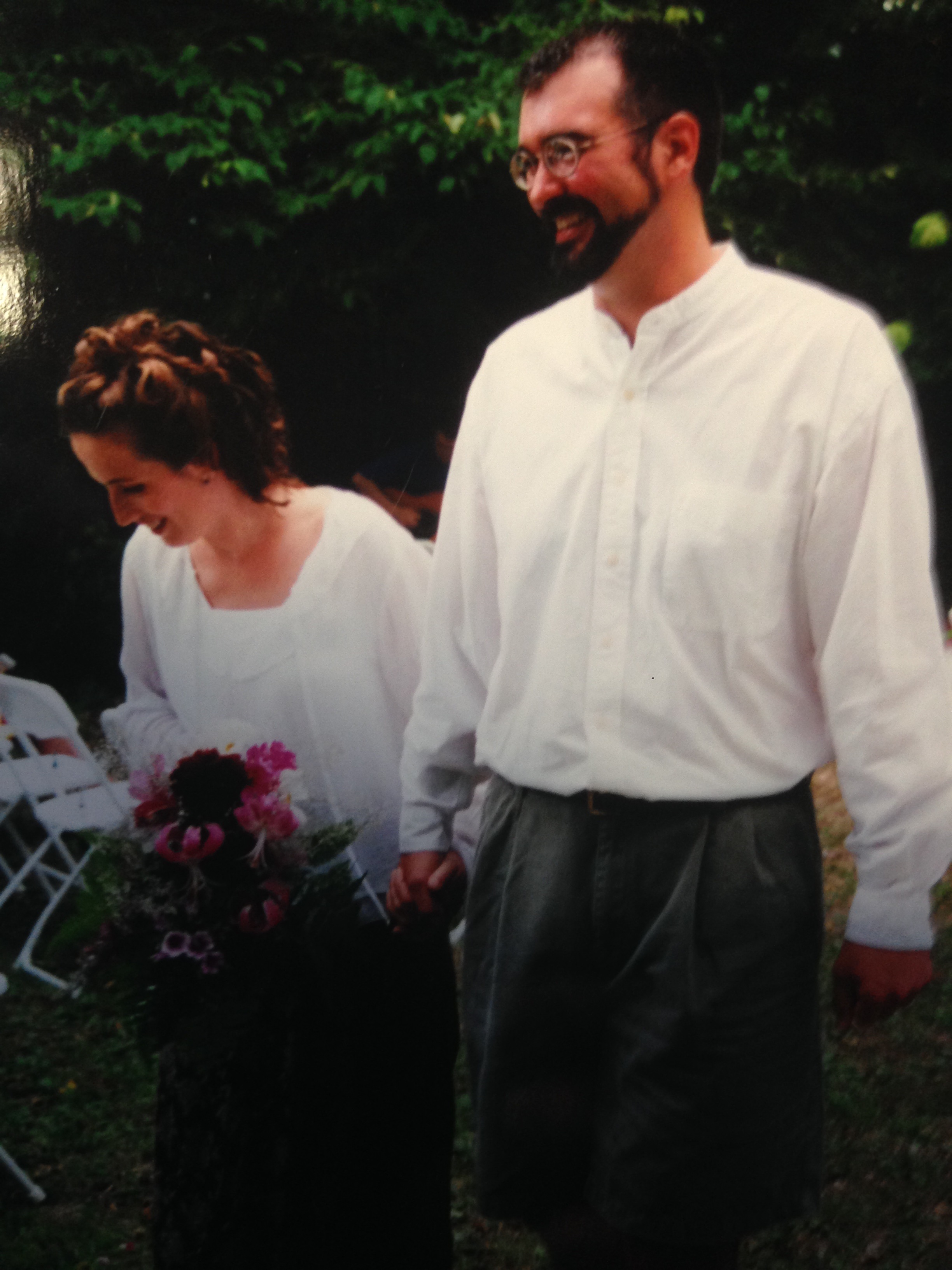
I stepped on stage, into the spotlight. A huge photo of me lit up the screen. I clicked the remote, and the words "rewrite your life" took over. I told my story. The audience listened to me with their hearts in their eyes, laughing at what I meant to be funny, crying when that wedding photo of Jay and me, taken three weeks before he killed himself, appeared on screen. It was all I could do to keep it together, but mostly I did. I don't think I smiled much. I ended with the words I wanted to end with, words I believe in my deepest parts, the whole reason I'd come to Rapid City:
"My hope for you is that you claim your right not to be defined by what happens to you in this life, but by what you choose to make of it. Thank you."
Polite applause followed. I stepped off stage and into the green room, handing the clicker to the emcee as we passed. The backstage volunteer whispered, "You did it!" before my mic was shut off. Colors seemed brighter, sounds more acute. I had done it. I'd run the marathon, passed the test, climbed the peak. The other speakers gave their talks and hit it out of the park. We had our first break. I felt vulnerable and triumphant as I mingled with the audience. I didn't know how to act. People seemed to give me wide berth. Kindly, but still. 
Then a woman approached me, her eyes a little shattered. I recognized the expression. You can see it in this photo of me talking about the aftermath of Jay's death. "My son committed suicide when he was 15," she said. "I've tried writing about it ever since, but I always stop. Your talk has inspired me to try again."
Life became so crystalline in that moment. I could see and feel my place in the web running from this woman who is also a life coach to the day's organizers to Cindy who encouraged me to apply to the people who held me up after Jay's suicide to Jay himself to our son to Christine who drove out to South Dakota with me so I'd have a friend near to my new husband, Tony, who is always quietly supporting me. It was a gorgeous sticky map of our duty to one another, all of it delicately linked by unbreakable gossamer threads. The moment was transcendent. 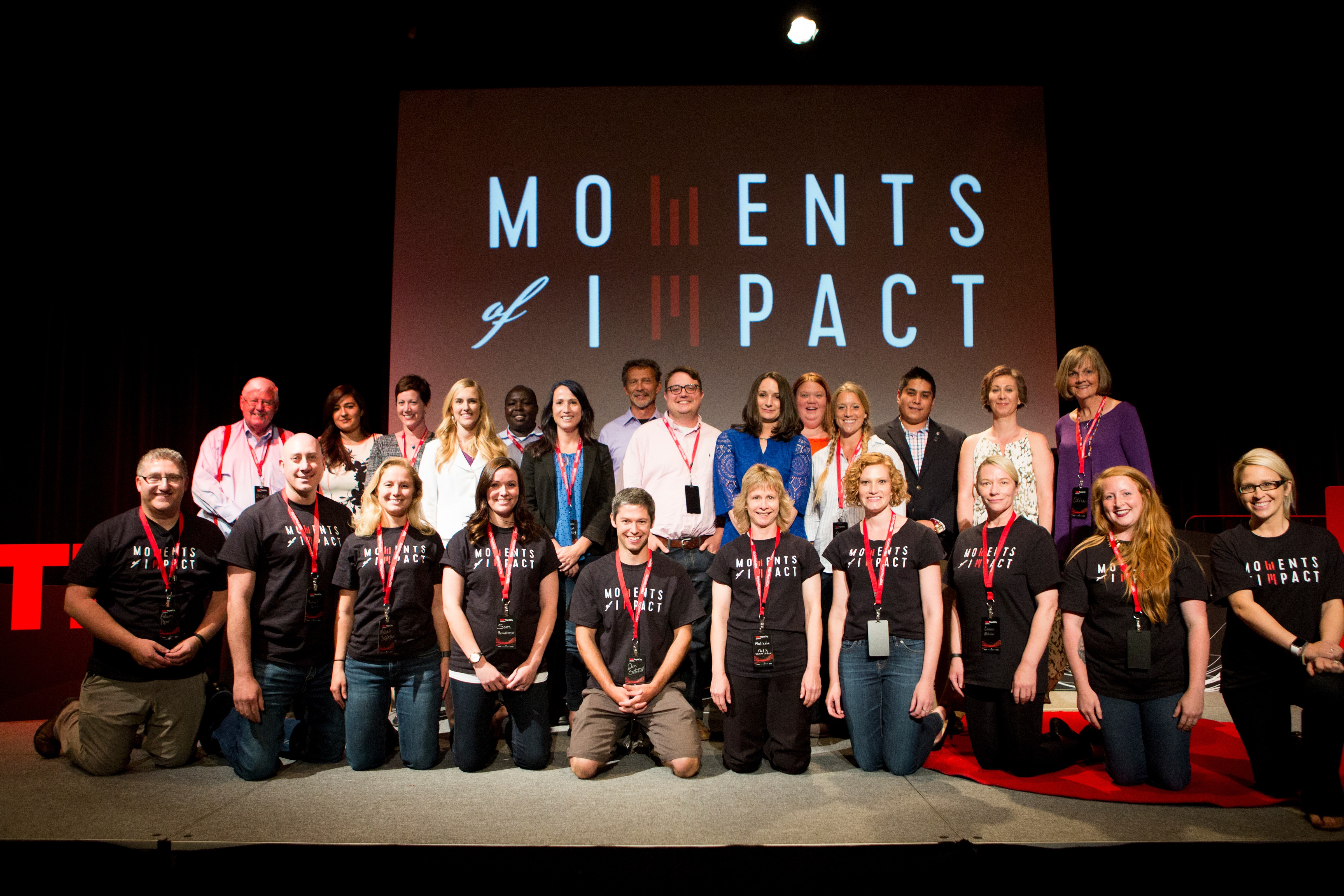
That's why I won't watch my TEDx Talk when it enters cyber space in early August. It would be surreal to see myself up on that stage, but more urgently, I don't want to self-criticize my delivery, my clothes, my hair, my words. Turns out that's never what it's about. I want to hang on to that single moment when I was connected to the real stuff.
A special thanks to the Rapid City TEDx organizers who made the day possible.
April 25, 2016
How to Write Funny, Part 3 (A Write-thing)
Unexpected Is Funny
Here's what's transpired since I wrote that last "How to Write Funny" Writing Whip-it and promised that Part III would be coming up soon:
- I lied (unless "soon" means "a couple weeks" to you, in which case, right on)
- I decided calling these writing nugget blog posts "Writing Whip-its" was lame, almost as lame as when I joined the Homecoming Week committee in 9th grade and tried to get everyone to agree to a school-wide "Turtleneck Day" because that was the only piece of clothing I owned that made me look like I had boobs. Henceforth, these writing nuggets will be called "Write-things," unless if I think of something better. Which seems likely.
All righty, got that out of the way. Back to writing funny. As covered in a previous post, the first rule of writing funny is that specific is funny. What that means to you is that whether writing funny or telling jokes, the more specific your details, the funnier the scene.
Today's tip is that unexpected is funny. In comedy, this is called Incongruity Theory. Here's a famous example:
“Take my wife…please!” Henny Youngman
If it is in the right format, Incongruity Theory is also called the Rule of Three:
“I celebrated Thanksgiving in an old-fashioned way. I invited everyone in my neighborhood to my house, we had an enormous feast, and then I killed them and took their land.” –Jon Stewart
I'm a big fan of connecting the unexpected, but out of all the "writing funny" tips I'm going to share with you, Incongruity Theory is the most difficult to pull off. It requires more set-up than the others because you must first establish the expected before you can deliver the unexpected. If you watch "Big Bang Theory," for example, you'll know that most of Sheldon Cooper's lines are only funny because he's already been introduced as a socially awkward genius, and because most of us already know the basic rules of social interaction. Much of what Sheldon says is incongruous with expected human behavior, which makes it funny.
It's also a challenge to write incongruous humor because it's the most visual of all the types. A man wearing a tuxedo on the top half of his body and nothing on the bottom is an example of incongruity theory in action, and it's funny because you can picture it in your mind (we call this the "no pants dance" in my house, by the way, and I don't think there's nearly enough of it in the world).
The good news is that you don't have to apply incongruity theory to your writing if it doesn't come naturally. Here's a pinata's worth of tips you can use to inject any kind of humor into your next short story or book:
- Don’t try to be funny. Try to find funny.
- Never lose the focus of the scene in an effort to be funny.
- Be strategic.
- Trust your audience.
- Don’t worry about offending (unless you're a dick who only thinks s/he is funny, in which case, stop it).
- Carry a notebook and save the funny stuff you see, hear, and do.
- Take an improv class.
- Mine your life—tragedy is comedic gold.
- Ask yourself what the funniest/worst thing that could happen in that scene is.
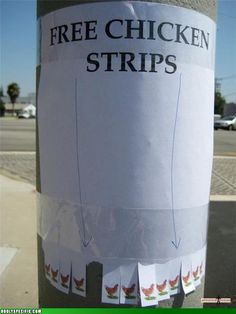
Jessica (Jess) Lourey is best known for her critically-acclaimed Murder-by-Month mysteries, which have earned multiple starred reviews from Library Journal and Booklist, the latter calling her writing "a splendid mix of humor and suspense." She is a tenured professor of creative writing and sociology, a recipient of The Loft's 2014 Excellence in Teaching fellowship, and leads interactive writing workshops (including "Writing Funny") all over the world. <i>Salem’s Cipher</i>, the first in her thrilling Witch Hunt Series, hits stores September 2016 and her agent is currently shopping <i>Better than Gin: Rewrite Your Life</i>, a guide to recycling life experiences into compelling fiction.





